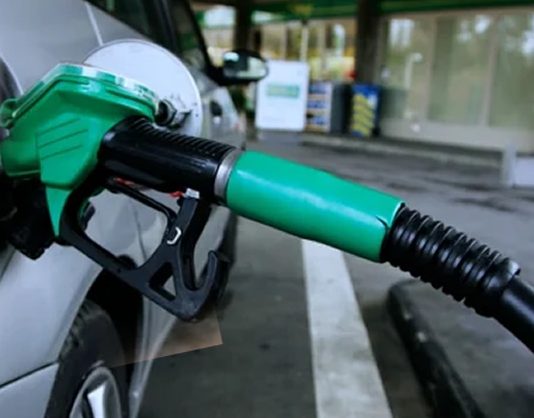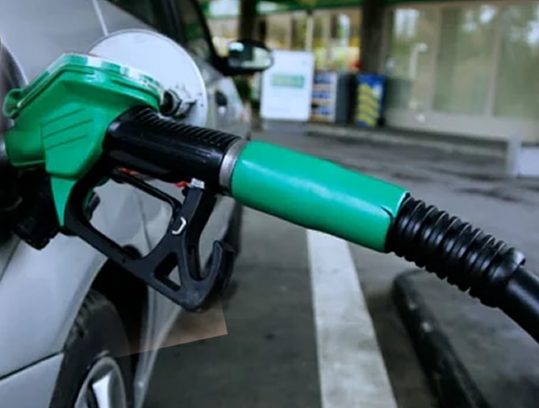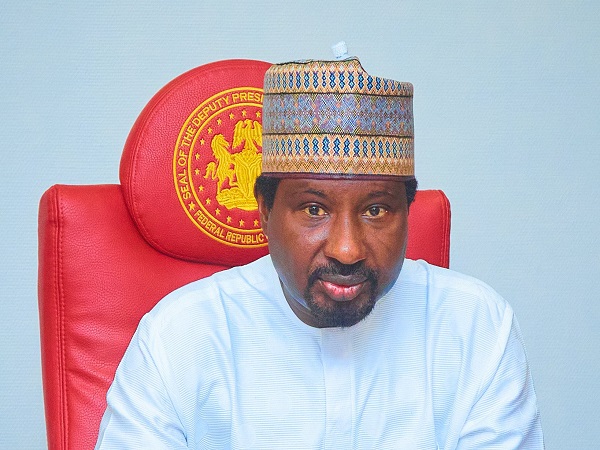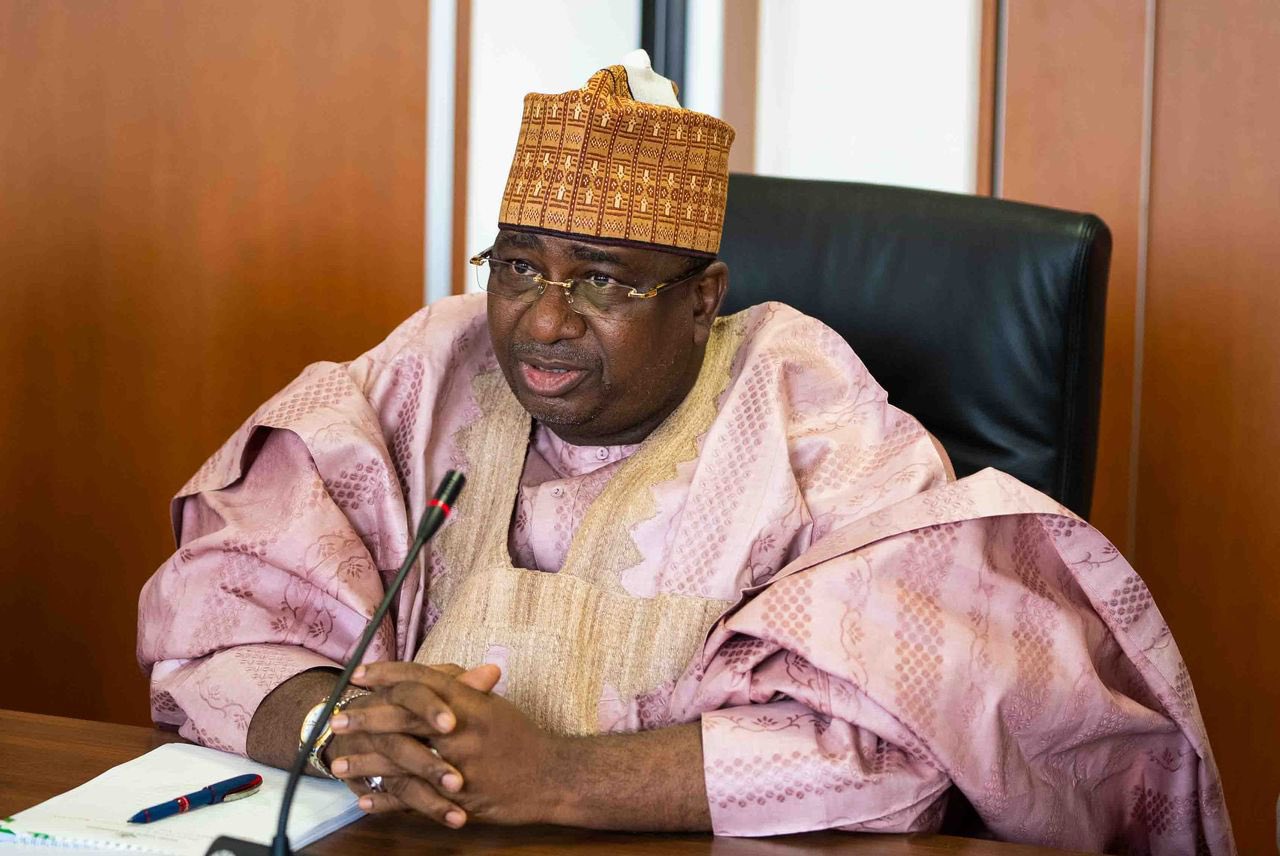Petrol consumption across Nigeria has declined by 28 per cent in the last two years, latest figures from the Nigerian Midstream and Downstream Petroleum Regulatory Authority (NMDPRA) show.
Data reveal that the daily volume of Premium Motor Spirit (PMS) fell from 68.35 million litres in June 2023, when fuel subsidy was removed, to 49.27 million litres in June 2025.
President Bola Tinubu had, during his May 29, 2023 inauguration, announced the removal of fuel subsidy, prompting pump prices to jump from ₦195 per litre to between ₦448 and ₦557. Prices have since risen multiple times, with some stations selling above ₦900 per litre.
Filling Stations Record Idle Hours
Checks across Abuja, Lagos, Kano, Kaduna, Delta and Nasarawa showed that many petrol stations are witnessing very low patronage, with some attendants left idle for long periods.
-
In Abuja, a station manager said it now takes two months to sell a 30,000-litre tanker.
-
In Lagos, attendants lamented dwindling sales despite price fluctuations.
-
In Kano, pump attendants admitted sales had “dropped drastically” due to high prices.
However, stations linked to Dangote Refinery’s retail partners, particularly MRS, recorded long queues as they offered relatively cheaper petrol at ₦865 per litre, compared to ₦870–₦890 at others.

CNG Gains Popularity
While PMS sales decline, demand for Compressed Natural Gas (CNG) has surged nationwide.
-
At NNPC’s Wuse Zone 2 CNG outlet in Abuja, long queues were observed, with motorists citing huge cost savings.
-
Drivers reported spending around ₦2,300 to fill 10kg of CNG, enough to generate earnings of over ₦10,000 in a day.
-
Several motorists said they rarely visit petrol stations anymore since converting their vehicles to CNG.
Marketers Lament Tough Times
Independent Petroleum Marketers Association of Nigeria (IPMAN) spokesperson, Chief Chinedu Ukadike, described the situation as “a trying time,” noting that:
-
Many marketers now sell one truckload of petrol in two months.
-
Vehicle owners are shifting to CNG or dropping private cars for commercial transport.
-
Petrol smuggling across borders has reduced significantly due to subsidy removal.
Ukadike warned that if the trend continues, independent marketers could vanish by 2028 without government intervention.
Read Also;
States Miss Capital Spending Targets as Insecurity, Rising Costs Stall Projects
Expert Cautions on Price Volatility
Energy analyst, Henry Adigun, described frequent petrol price changes as unhealthy for the downstream sector, warning that instability could discourage investment.
He noted that while the Dangote Refinery has helped drive prices down, competition from imports is still necessary to avoid monopoly and ensure fair pricing for consumers.




